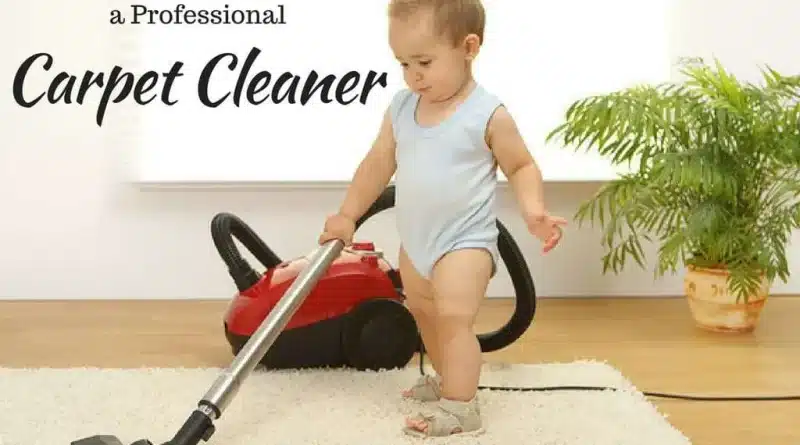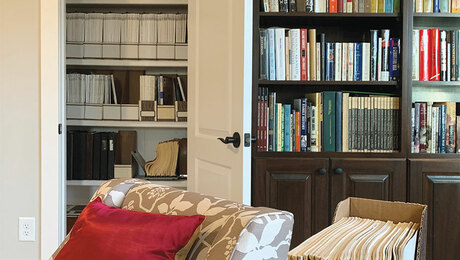Day Care Kid Safety
The Do’s!
1. Neatness and cleanliness is paramount with kids.
2. Clip nails carefully and regularly.
3. Promptly change dirty diapers and ensure the area is thoroughly cleaned.
4. Ensure genitals are clean and dry at all times to avoid fungal infection.
5. Dermatitis and fungal infections can be minimized with correct care of the scalp.
6. Ensure clothing is loose and airy as tight clothes can be irritating to the skin.
7. The child’s room should be well-ventilated and lit. Keep clean and dust-free.
8. Arrange an appropriate-sized bed with a waterproof undersheet for the child.
9. Have soothing music toys near the child’s sleeping area.
10. The neck muscles in a young baby are weak so always support the head with your hand.
11. Breastfeeding is a great nutrition for babies, strengthens the emotional connection with moms, and should be on demand. Ensure nipples are clean. Lactating takes a lot out of mom so she should eat well.
12. Bottle-feeding moms should clean, sterilize, and keep dry feeding bottles.
13. Microwave heating of drinks is not recommended due to the possibility of scalding.
14. Milk, fibers, food, and cosmetics can cause allergies. If a child is exhibiting an allergic reaction try to discover the offending allergen through a process of elimination.
15. Always use mosquito nets. Malaria, filariasis, dengue, and yellow fever are spread through bites. Sleep can also be disturbed due to itchy, inflamed skin eruptions.
16 . Ensure you have a calm, consistent bedtime routine to encourage healthy sleep. Kids need lots of sleep. Growth hormones kick in during REM so napping kids are busy.
17. As kids pass the different age milestones keep a record of language, growth, behavioral, motor, and personal social development. Everyone is different so parents shouldn’t panic if slight variations are noted.
18. Regular measurement of weight and height is essential to assess growth.
19. Expect lots of poops after most feeds in the early days. Initiate toilet training as the child gets more independent. Introduce the sitting on the toilet seat from 10 months.
20. Always thoroughly sanitize the toilet seat. Sharing with other kids isn’t encouraged.
21. Call the doctor if the child exhibits the following signs or symptoms; convulsions, difficulty breathing, excessive crying, fever with rigor, frequent vomiting with diarrhea, stiffness of the neck, or bluish discoloration of the body.
22. Keep a fully stocked first aid kit to hand which should contain dressing, sterile cotton, and antiseptic lotion. Note all emergency numbers and keep them in an obvious place.
23. Keep all child medications in a separate box. Note all dosage and administration details.
24. Ensure you have the correct car seat fitted.
25. Attach an identity card to your child’s clothes with your address and telephone number.
26. Supervise a child learning to walk to minimize accidents.
27. In the event of an accident perform necessary first aid steps and get the victim to the hospital ASAP.
The Do Nots
1. No shaking baby as it can cause brain damage.
2. Remove any small items in the vicinity of the child.
3. The same goes for sharp or pointed items.
4. When in the bath don’t let water get into the ears.
5. If a child is coughing or crying a lot don’t try to get them to eat.
6. Careful you don’t overfeed.
7. Keep any dangerous or toxic substances out of the child’s reach.
8. Ensure the child’s clothing is not restrictive.
9. Care should be taken if your baby is on the bed so that they do not fall off.
10. Avoid close contact with lots of people and never hand your baby to a stranger.
11. Childproof all electrical sockets and wires.
12. Kitchens are full of potential dangers. Never leave a child alone there.
13. Supervise your child the entire time they are in the tub. Keep water level low.
14. Don’t smoke around children.
15. Keep pets at a distance (ensure they have received all shots).
16. Install gates on stairs where young children are crawling or wobbling.
17. Avoid strong light in the bedroom.
18. Don’t accept food from strangers when traveling.
19. Don’t allow a child to crawl in the dirt.
20. Keep kids away from sick people.
21. Avoid areas of pollution, large crowds, and hospital wards.
22. Keep free-standing lights away from kids.
23. Never give medicine that has been prescribed for someone else to your child.
24. If medication has passed the expiry date do not use it.




